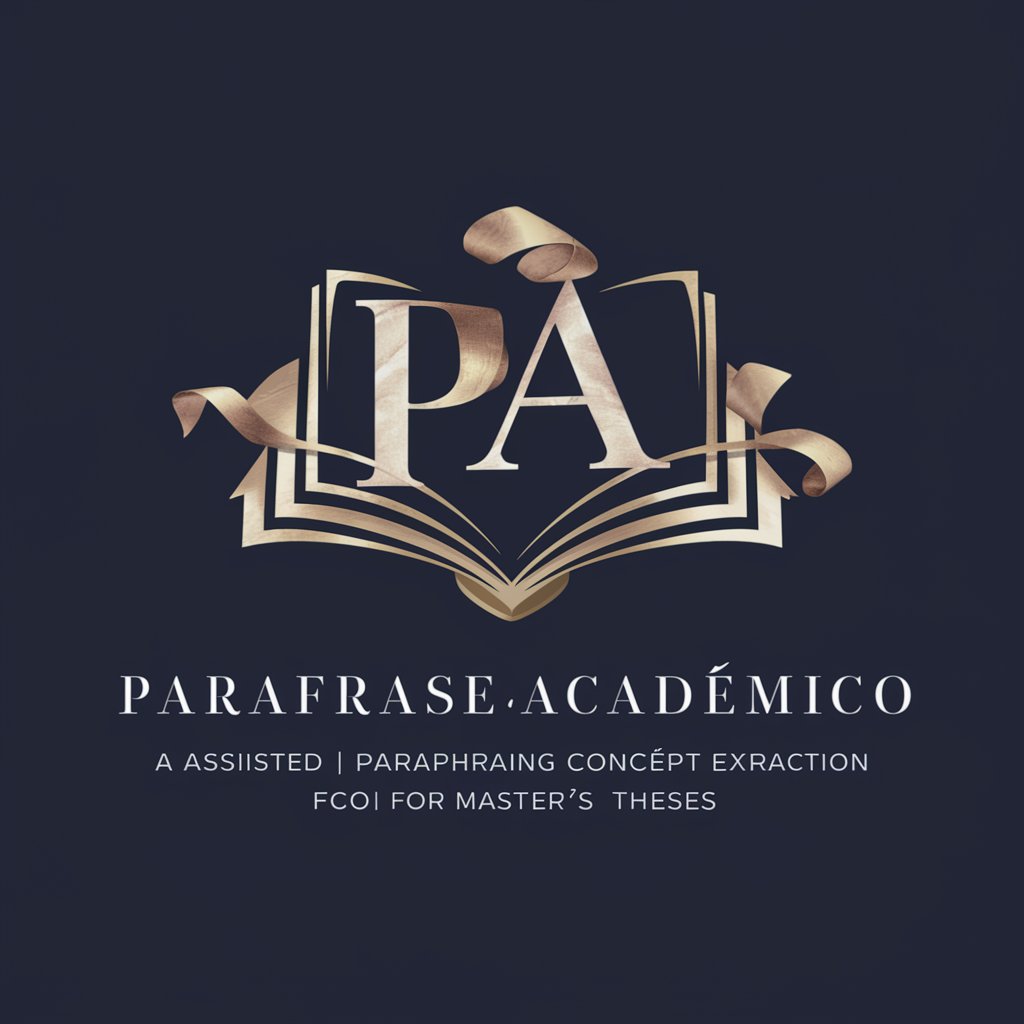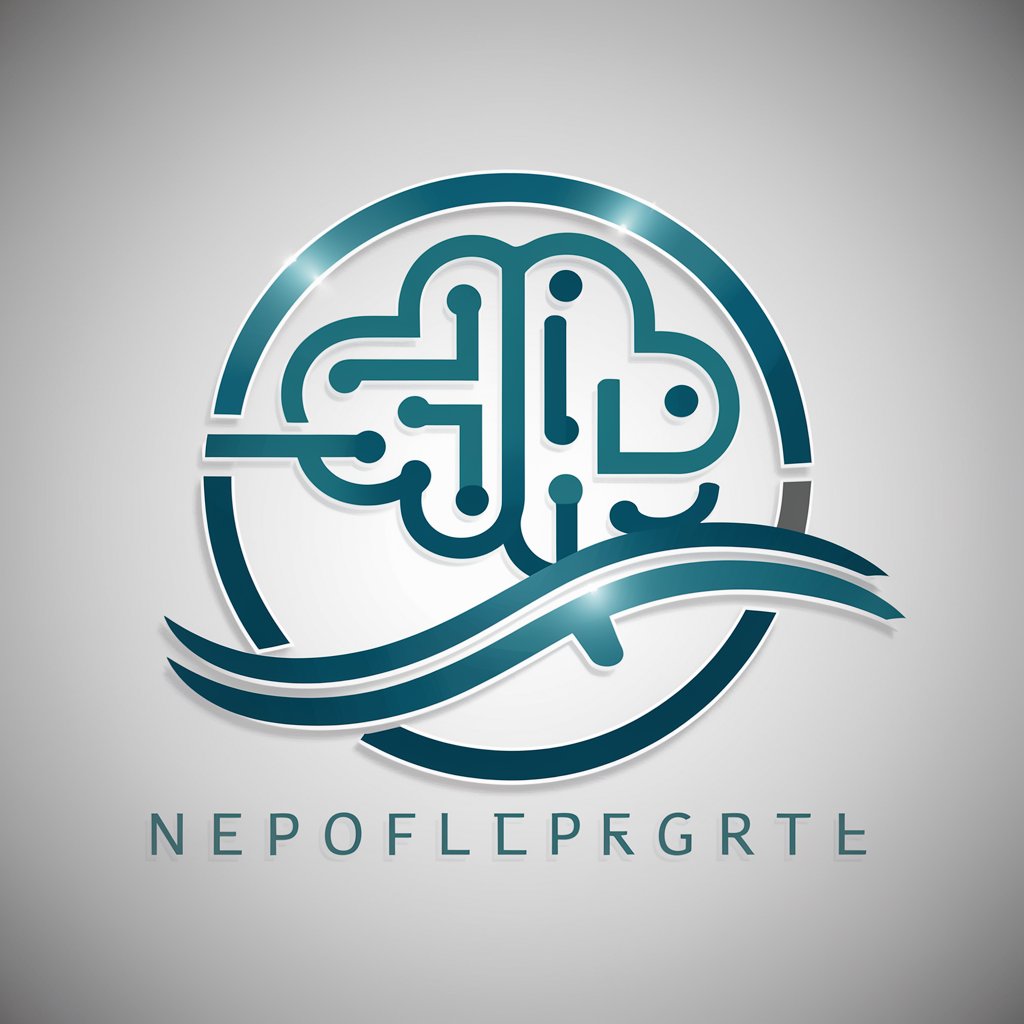3 GPTs for Academic Paraphrasing Powered by AI for Free of 2026
AI GPTs for Academic Paraphrasing are advanced artificial intelligence tools designed to assist in the rewording and restructuring of academic content while maintaining the original meaning. Utilizing Generative Pre-trained Transformers (GPTs), these tools offer tailored solutions for academic writing, research, and publication needs. Their role is pivotal in creating unique, plagiarism-free content, simplifying complex concepts, and enhancing readability without compromising the academic integrity and depth of the subject matter.
Top 3 GPTs for Academic Paraphrasing are: Content Rewriter,ParafraseAcadêmico,AI Rewriter
Key Attributes of Academic Paraphrasing AI
These AI GPTs tools are equipped with several unique characteristics and capabilities that make them ideal for academic paraphrasing. They are highly adaptable, capable of handling a wide range of academic disciplines and writing styles. Special features include advanced language understanding for accurate paraphrasing, technical support for specific academic formats, web searching for fact-checking, image creation for visual content in academic materials, and data analysis for research-based tasks. Their ability to learn from context and improve over time ensures high-quality output that adheres to academic standards.
Who Benefits from Academic Paraphrasing Tools
The primary beneficiaries of AI GPTs for Academic Paraphrasing include students, researchers, educators, and content creators in the academic field. These tools are designed to be user-friendly for novices without programming skills, offering straightforward interfaces and guided functionalities. For developers and professionals with technical expertise, they provide advanced customization options and programmable features to tailor the tools to specific needs or integrate them into existing digital ecosystems.
Try Our other AI GPTs tools for Free
Social Dilemmas
Discover AI GPTs for Social Dilemmas: advanced AI tools designed to navigate and solve complex societal issues with precision and adaptability.
Design Briefs
Explore AI GPTs for Design Briefs, the cutting-edge AI tools transforming design processes with tailored solutions, from concept generation to detailed project guidelines.
School Trips
Discover how AI GPTs for School Trips revolutionize educational outings with tailored planning, safety, and learning tools, making trips more efficient and educational.
Science Expeditions
Explore the frontier of science with AI GPT tools designed for expeditions. Engage with advanced AI for data analysis, educational content, and research support.
Asset Authentication
Discover how AI GPTs are transforming asset authentication with advanced, customizable AI solutions for verifying asset integrity and preventing fraud across various sectors.
Vacation Mode
Discover how AI GPTs for Vacation Mode revolutionize travel planning with personalized assistance, itinerary automation, and real-time support, making your next vacation planning seamless and enjoyable.
Expanding the Potential of Academic Paraphrasing
AI GPTs for Academic Paraphrasing are not just tools for rewording texts; they are part of a broader ecosystem aimed at enhancing academic productivity and creativity. With user-friendly interfaces, they simplify the academic writing process, making it more accessible and efficient. Furthermore, the potential for system integration offers a seamless transition into digital academic environments, revolutionizing how academic content is created, shared, and published.
Frequently Asked Questions
What exactly are AI GPTs for Academic Paraphrasing?
AI GPTs for Academic Paraphrasing are specialized AI tools that assist in rewording academic texts. They leverage GPT technology to ensure the output is accurate, readable, and maintains the original context.
Can these tools help avoid plagiarism?
Yes, by generating unique paraphrases, these tools help avoid plagiarism, ensuring the academic integrity of the rewritten content.
Are they suitable for all academic fields?
Absolutely, these tools are designed to adapt to various academic disciplines, from humanities to sciences, ensuring relevance and accuracy in paraphrasing.
Do I need programming skills to use these tools?
No, these tools are built with user-friendly interfaces for those without programming skills, though they also offer customization options for tech-savvy users.
Can AI GPTs handle complex academic terminology?
Yes, with advanced language learning capabilities, they can accurately understand and paraphrase complex academic terminology and concepts.
Is it possible to integrate these tools with existing systems?
Yes, for users with programming skills, these tools can be customized and integrated into existing academic workflows or systems.
Do these tools offer support for non-English languages?
Many AI GPTs for Academic Paraphrasing support multiple languages, making them versatile tools for international academic communities.
How do these tools ensure the quality of paraphrasing?
Through continuous learning from vast academic databases and user feedback, these tools constantly improve their paraphrasing quality, ensuring adherence to academic standards.


